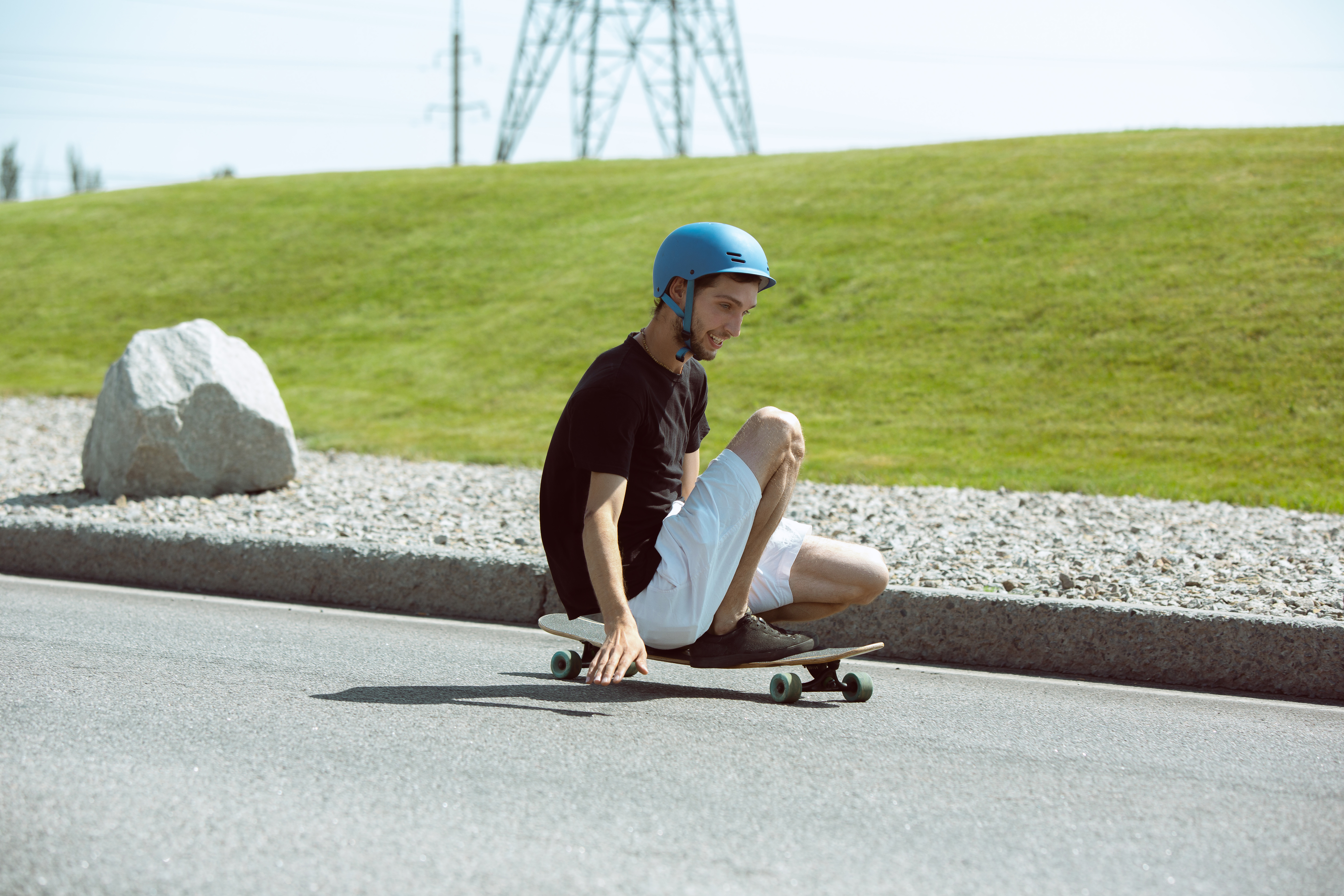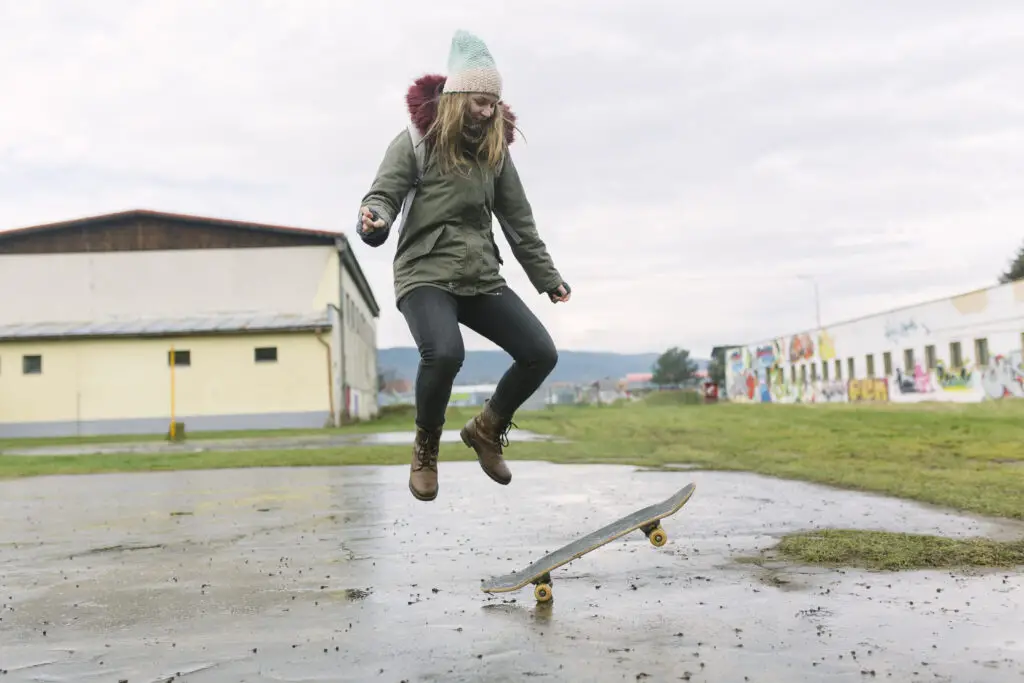Related Posts
The footage in this viral video increases awareness of skateboard laws. A skateboarder rides his skateboard along the top of the stairs and jumps off. A security guard unexpectedly intercepts him mid-jump, stopping him in his tracks. Based on the skateboarder’s positioning- which sends him right into the guard’s head, things could get ugly!
Fortunately, no one was hurt. But if someone was, who would be liable for damages?
What Happens When Security Guards Get Injured on the Job?
The man who intercepted the skateboarder was a security guard. Security guards accept certain risks in their professions, and injuries could be part of the job.
When a security guard is injured, their employer usually compensates them through worker’s comp insurance. However, the defendant can still face charges for violating other laws.
In this instance, the skateboarder violated laws that make him responsible for damages.
What are Skateboard Laws About Stairs?
Skateboard laws vary from state to state, but many of them overlap. Many states uphold a law that prohibits skateboarders from riding on stairs. For example, laws in Pasadena, CA, state, “It is unlawful to ride or propel a skateboard, roller skates, scooter, or EPAMD upon any stairway or corridor leading to or within any public building or upon any plaza or corridor within any public building.”
The skateboarder in this video was riding his skateboard in a public plaza, so he is guilty of that count.
Other Skateboard Laws
Here are other laws to consider:
Skateboard Laws in Traffic
Traffic laws typically categorize skateboarders, bicyclists, scooter riders, rollerbladers, and pedestrians. Skateboarders must obey all road signs and street lights. Guidelines may also prohibit skateboarders from riding in traffic.
Additional laws may regulate where skateboarding activity occurs. For example, some cities may provide designated skateboard areas and prohibit skateboarders from riding in business districts, on certain types of public property, and on sidewalks.
Skateboarding Behavior
Other laws may pertain to skateboarding behavior. For example, some cities may only allow skateboarding 30 minutes after dawn and 30 minutes before dusk.
Laws may also pertain to the manner of skateboarding activity. Certain jurisdictions may restrict dangerous stunts, excessive speeds, or skateboarding in crowded areas.
Cities may also impose restrictions based on the skateboarder’s age or location. They may not allow skateboarders under 12 to ride in public, and they may prohibit skateboarders from riding on private or commercial property, as this can lead to run-ins with premise liability laws.
Skateboarder Safety
Skateboarding laws often address public safety, requiring skateboarders to wear protective gear, prohibiting them from riding while intoxicated, and restricting them from hitching rides behind cars, trucks, or buses.
Fines for Violating Skateboarding Laws

Skateboarding law violations are rarely serious and typically count as infractions or misdemeanors. However, repeat offenses can lead to increased legal consequences.
Law enforcement could also confiscate your skateboard.
The skateboarder in this viral video might not face severe consequences for jumping the stairs in a public plaza, but depending on his location, other laws could apply. He might encounter trouble for not wearing safety gear or performing a dangerous stunt in public.
Additionally, if the guard had been injured, he could have filed a civil lawsuit. He could have pursued the skateboarder for medical expenses, loss of wages, emotional damages, and more. Fortunately, it didn’t come to that.

